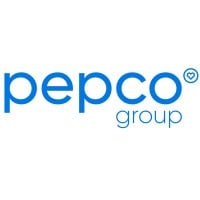
Mercadona
Mercadona is a leading company of physical supermarkets in Spain with an online service, with over 1,600 stores and more than 5.7 million households as customers. Additionally, it has more than 30 stores in Portugal, with a presence in nine different districts. A family-owned company, its objective is to offer its customers the best solutions with the maximum quality in food, personal care, home care and pet care. Mercadona has the best talent: a workforce of 99,000 highly committed individuals, 3,500 of them in Portugal, who share the Mercadona Model and a passion for service excellence. To achieve this, the company has a pioneering human resources policy which sets it apart in the industry, offering stable, quality employment, continuous training plans, the opportunity for internal promotion and other values. The Mercadona Model is an innovative, shared and sustainable growth project that aims to satisfy all five components of the company equally, every day: “The Boss” (customers), The Employee, The Supplier, Society and Capital.






